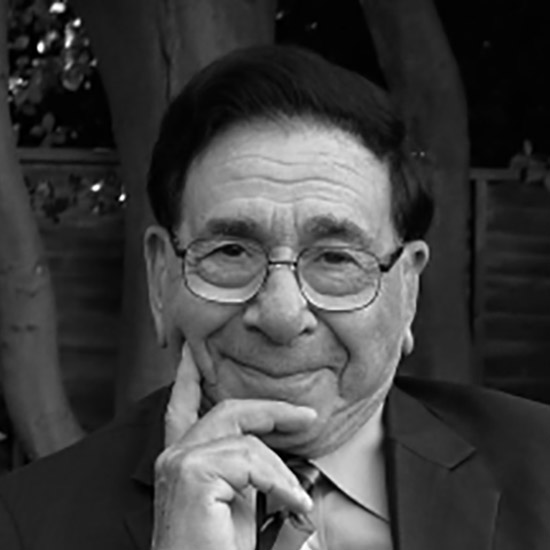Roy Calne was a surgeon and pioneer of organ transplantation. He made a major contribution to the success of transplants by developing strategies for overcoming organ rejection. Achieving a number of surgical firsts, his work in liver transplantation restored normal life to thousands of people with end-stage liver disease.
After developing the first antirejection drug, Roy devised the regimen for suppressing the immune system in transplant recipients that is now universally in use. This led to a vast increase in the number of transplant units around the world. Roy performed the first European liver transplant, the world’s first heart, liver and lung transplant, as well as the first successful organ cluster transplant of stomach, intestine, pancreas, liver and kidney in 1992.
Roy received many honours and awards, including a knighthood in 1986. In 2012, he was awarded the Lasker Prize for the development of liver transplantation. In 2014, he received a lifetime achievement Pride of Britain award.
Sir Roy Calne FRS died on 6 January 2024.
Professional position
- Visiting Professor, National University of Singapore
- Emeritus Professor of Surgery, University of Cambridge
Awards
-
King Faisal International Prize
In the field of organ transplantation.

